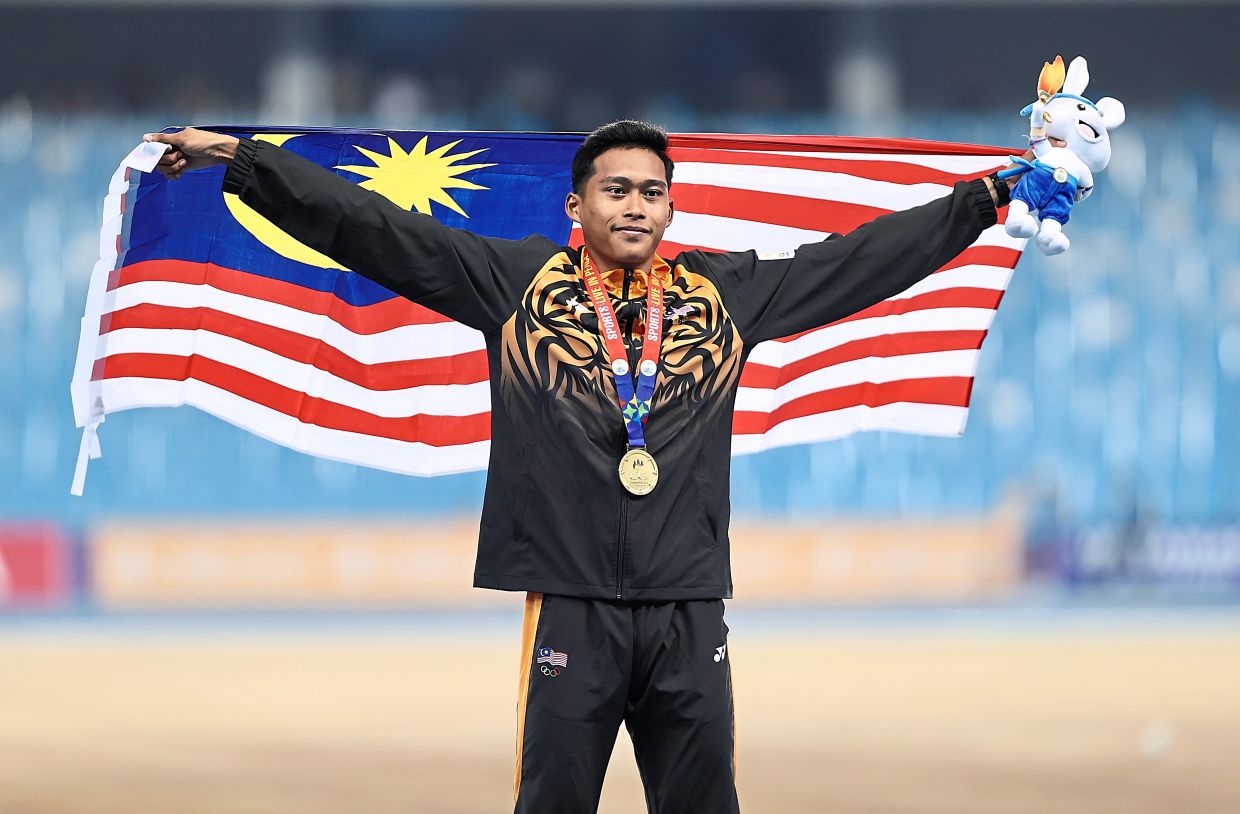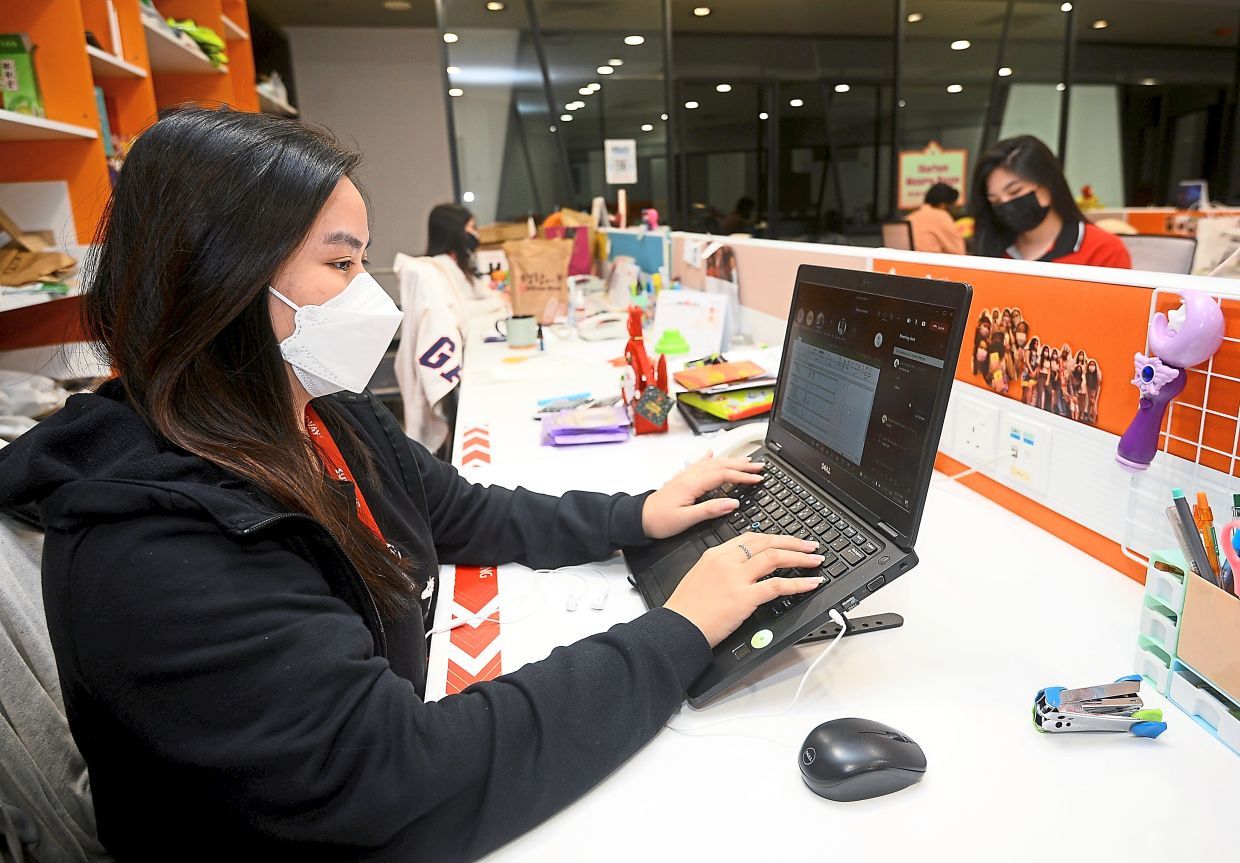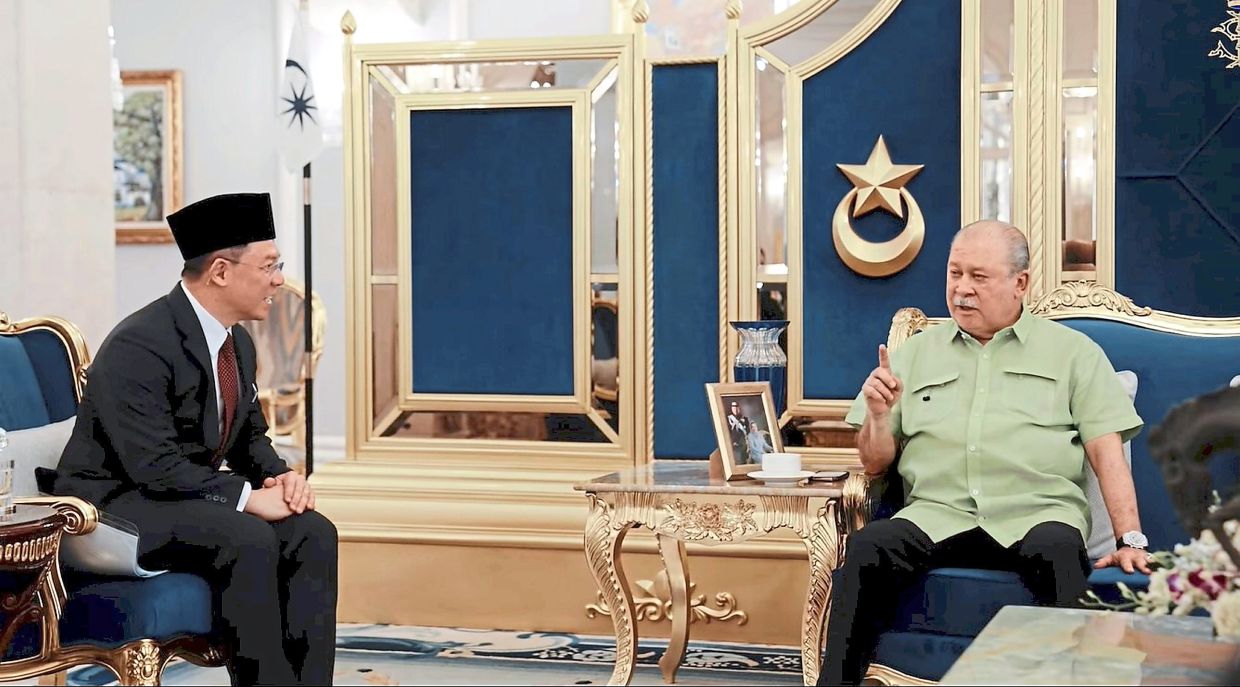
Don’t lose the plot: Singapore-born stand-up comedian Jocelyn Chia has certainly offended most Malaysians with her off-colour remarks, but we may be going too far by asking Interpol to locate her whereabouts. — The Star
IT’S one thing to be critical of Singapore-born stand-up comedian Jocelyn Chia, but it’s another when Malaysia puts itself in a position of losing the plot and becoming a real joke now. Why would we want to get the Interpol involved?
She has certainly offended most Malaysians with her off-colour remarks, but surely we have gone too far by asking Interpol to locate her whereabouts. And even if they did find her, what can we really do?
Inspector-General of Police Tan Sri Acryl Sani Abdullah Sani said the application to obtain Chia’s identity and her present location will be made as soon as possible to enable investigations to start.
Recently, he told reporters that the case is being investigated under Section 504/505 (c) of the Penal Code and Section 233 of the Communications and Multimedia Act.
Section 504 of the Penal Code addresses intentional insult to provoke a breach of peace, which is punishable under Section 505 and carries a maximum jail sentence of two years, a fine, or both.
Honestly, it’s not hard for the police to produce a profile of Chia with her personal details.She is said to have performed in local stand-up comedy premises previously and since she has entered Malaysia before, the Immigration department would have her details at a click.
The easiest response by Malaysia is to simply ban her from entering the country to share her “humour”.
If she has nothing good to say about our country and remains unrepentant about her choice of words, then there’s no reason to welcome her here, whether for work or vacation.
Our police would also be able to look up her social media postings for more clues, even if she has taken many of them down. We have sufficient digital forensics experts in the police force to do the job easily.But beyond that, surely the United States can’t be keen to have Chia extradited to Malaysia if we choose to file an application. The idea itself sounds ridiculous.
I hope our Foreign Ministry won’t entertain such requests, even if the police recommend it.
We will end up being the butt of jokes if we do that, although the police have not confirmed taking action.
Having her investigated is protocol because reports have been filed against her, it seems.
Chia, who was unheard of in Malaysia until recently, drew controversy on social media recently for her disparaging cracks about Malaysia in a stand-up comedy skit on The Comedy Cellar, a US-based show that was aired on the Internet recently.
Her remarks about the missing Malaysia Airlines flight MH370 that disappeared on March 8, 2014, en route from Kuala Lumpur to Beijing, created a storm with Singapore apologising for her jokes – even though she’s now an American citizen.
Chia’s performance has been condemned by Malaysian comedians as well as Singaporean artistes, who also said sorry to Malaysians.
In an Instagram recording, Singaporean comedian Kumar told Chia, “If you’re watching this, I really think you (should) seek help, because you really got issues.”
Kumar added how Singaporeans often visit Malaysia for leisure and work, and in his caption, likened both countries to being “brothers and sisters” and that “animosity created is not good for us.”
He’s dead on the money. There are bigger fish to fry for the police, instead of focusing their resources and attention on Chia, who’s hardly a top-notch criminal.
It’s better for Wisma Putra and the police to work on extraditing Jho Low to Malaysia for stealing billions of ringgit from us.
We truly need Interpol’s help for this, as well as handling delicate negotiations with the Chinese government if he’s indeed hiding in Macau, Shanghai or Beijing, as claimed, to get him home to face his charges.
That’s what Malaysians want. Why would we want to have anything to do with Chia?









